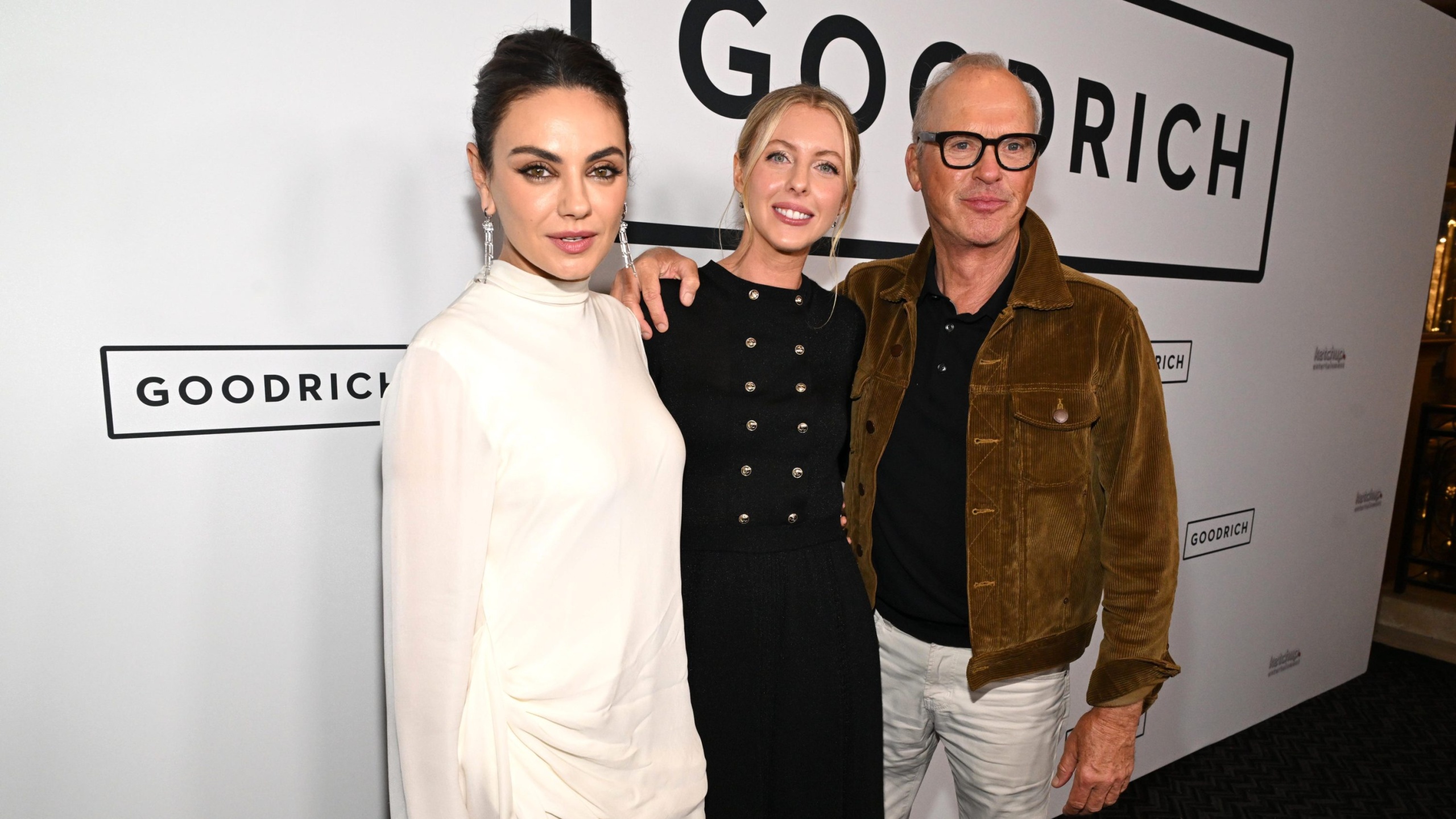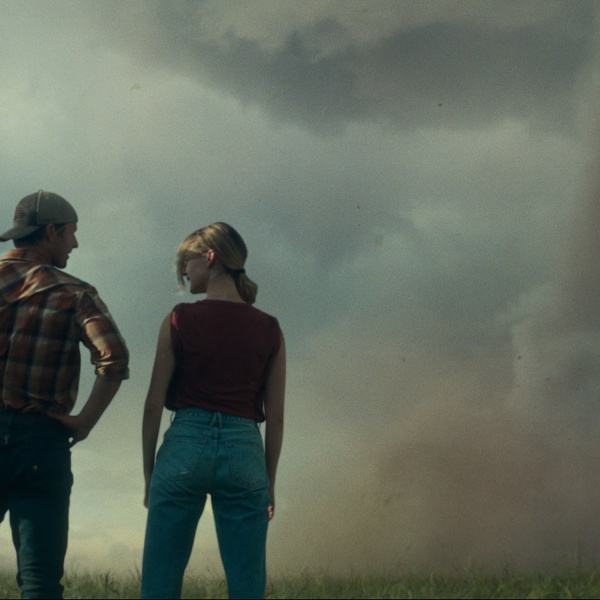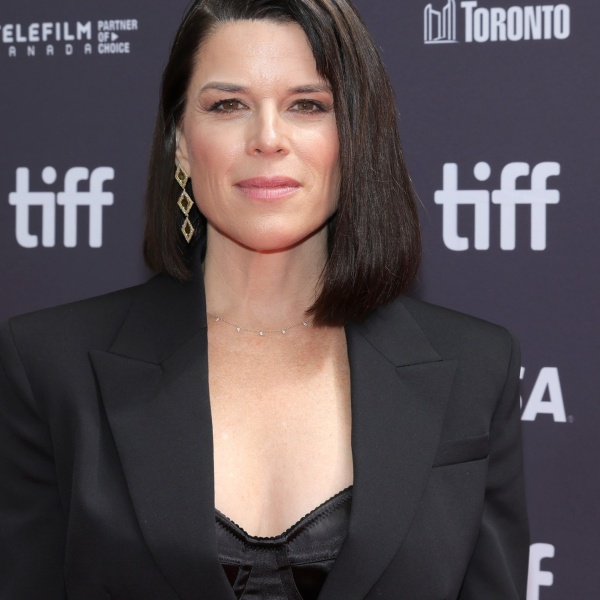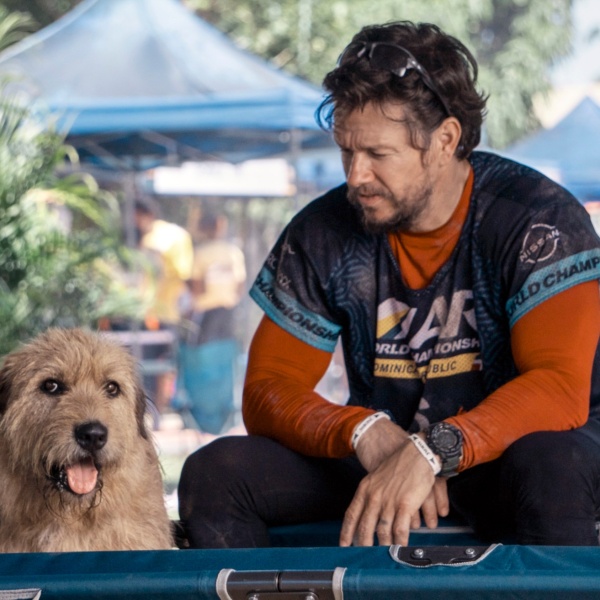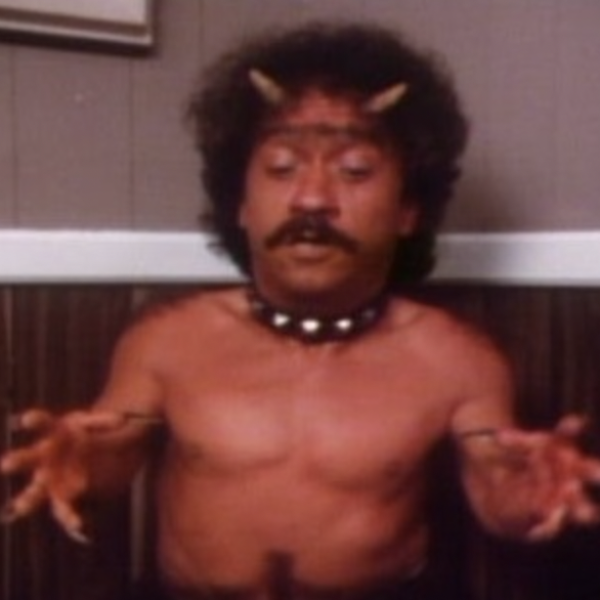When Hallie Meyers-Shyer thinks about directors, she thinks about women — women like herself, or like her own mother, Nancy Meyers. When asked about the continued conversation around nepotism in Hollywood — or, more pointedly, the rise of second- and third-generation filmmakers in the current landscape — she thinks about her mother, too.
“I have a different experience than other people, because I think a lot of the people [in this conversation], their fathers are filmmakers,” Meyers-Shyer said during a recent interview with IndieWire. “For me, the benefit was I saw directing my whole life as a woman’s job, and that’s really powerful and unique. I feel very grateful for it.”
That’s only half the story, as Meyers-Shyer is in the somewhat unique position of being not only the child of a female filmmaker and a male filmmaker (her father is Charles Shyer), but also a second- and third-generation director (Shyer’s father, Melville Shyer, was also a director). She’s certainly got perspective, and as she prepares to release her second film, the Michael Keaton- and Mila Kunis-starring family dramedy “Goodrich,” she’s putting it to good use.
For one: When Meyers-Shyer says they don’t make films like hers anymore (mid-budget, character-driven, feel-good, adult-aimed features), she’s speaking not just as a filmmaker, but as the child of filmmakers who did used to make films like that (from “Baby Boom” to “Irreconcilable Differences,” “Something’s Gotta Give” to “It’s Complicated”). No wonder her “Goodrich” feels like that sort of throwback — it follows Keaton as Andy Goodrich, who is forced to care for his second set of kiddos after his wife decamps for rehab, while also healing his relationship with his older daughter along the way.
“I’ve been saying the same thing, that 10, 20 years ago, this would’ve been a studio movie, but now I’ve since corrected myself, and I actually have been saying, I think, 20, 30 years ago,” she said. “It feels like 10 years ago almost isn’t even enough.”
Meyers-Shyer mentioned a recent interview with “Anora” filmmaker Sean Baker (their films are, funnily enough, opening this same weekend) about the kinds of films that are harder than ever to make that caught her attention.
“He was saying that there’s a very specific kind of movie that no longer exists. It’s dramas, it’s character-driven stories, it’s movies like ‘Raging Bull,’ these kind of movies that were studio movies and also intimate character stories,” she said. “We don’t see them anymore. … I admire his career because he’s had enough success in the independent world to get out of it, and he hasn’t. I consider him a real auteur. His movies are his movies the way he wants them, and I really respect that about him.”
Meyers-Shyer’s “Goodrich” is the kind of character-driven story that doesn’t fit the four-quadrant model that has so dominated the studio system in recent years. It’s about a family at loose ends, but it’s funny. It’s set in a glossy Los Angeles (nice house, nice school, nice art gallery) that would be smashed to bits in a superhero film. It’s talky. It has a nice ending that makes you feel good. Multiple people cried during the final scenes when I saw it in at packed screening room earlier this month.

“This genre, which is the adult comedy, is one of those that has fallen to the wayside,” Meyers-Shyer said. “I find that this particular kind of movie is very difficult to make in the indie world because, while it’s difficult to make any movie, a lot of people, when they hear we have a small budget, 25 days, they say, ‘OK, we’re going to do one location, and we’re going to do this amount of people and no scenes with extras.’ You try to think about how you can get the most out of the money.”
Leave the money and how it’s spent to Meyers-Shyer, because she certainly doesn’t want her audiences to worry about it. She’s more concerned with the quality they see reflected on the screen.
“Audiences don’t know how many days you shot in, they don’t know what your budget is, and they shouldn’t know, and they shouldn’t care,” she said. “But they have this built-in expectation of a certain genre and the way it’s supposed to look and feel, down to the music.” (One great example: Part of “Goodrich” takes place during Christmas, and Meyers-Shyer was determined not to skimp on that atmosphere, ultimately including a Frank Sinatra standard to help set the mood, a classy touch that wasn’t cheap, but added to the atmosphere in a way she found valuable.)
She also wanted to splash out on not just a big star for the leading role, but the only star she wanted for it. “Michael was my first stop before anyone,” she said. “I wrote this one on spec, and I wanted, as they say, to create the package. But for me, the package just had to be Michael Keaton.”
“I wrote it 100 percent for Michael,” the filmmaker said. “There were times during the process, because Michael is selective, as he should be about his work, that some people would give me some talks about, ‘Well, you should just keep in mind a backup?’ Or, ‘What about this person? What about that person?’ I just had tunnel vision for this guy. I almost don’t think I would’ve made the movie had he not come on board because picturing him helped me create the character in a lot of ways. I wrote it to him, to his mannerisms and his way of talking. I just needed it to be him.”
Meyers-Shyer sent the script to Keaton’s agent, who then sent it to Keaton. “Then I went to Las Vegas for a friend’s birthday, and as I touched down in Vegas, I got an email: ‘Michael wants to meet,’ and I thought, ‘OK, I’m just going to get back on the plane and go right home!’” she said with a laugh. “I didn’t turn around because we ended up meeting two days later, and he just exceeded my expectations. The way he thought about the character and the questions he had, I could just tell right off the bat that we would work nicely together.”
She loved the questions that Keaton about the character, a complicated but warm-hearted guy who has made some mistakes along the way, a flawed dude with good intentions. There was also a personal edge to the story that probably contributed an extra need for Meyers-Shyer to have the perfect actor in place.
When she was writing the script, she added, “I thought about my own life, where my father had a second set of kids when I was in college. It was intense, and it felt emotional and difficult to process. I love those kids, and I think he’s raised two wonderful children, who are now in college. But it was hard, and I thought about this hybrid of, what if there was a ‘Kramer vs. Kramer,’ but the guy is late-60s, and it’s his second set of kids, and how would that feel for the first set of kids?”
While the filmmaker is sure to note that the specific story of “Goodrich” did not happen to her family, it does reflect “the complicated family dynamics that mirror an experience that I had and still have.” After Meyers-Shyer’s parents divorced in 1999, her father remarried and had a set of twins, just like Andy Goodrich.
It’s not the first time Shyer has served as inspiration to the women in his life (Meyers revealed in a 2020 piece for the New York Times how reconnecting with her ex helped spark her “It’s Complicated”).
“Well, my poor dad has been a muse to all the women in my family,” the filmmaker said with a laugh. “One of the great things about having parents who are writers and filmmakers is they understand. When my dad read it, he just gave me thoughts as a writer and a person reading the script. I have a great relationship with my dad. We’re extremely close. I think he’s evolved enough to understand it’s very cathartic, writing personal stories.”
Asked what else her parents helped instill in her as her own filmmaker — the “nepo baby” discussion, in other circles — she was reflective. Mostly, she saw that it was possible to be a filmmaker by trade, and the best way to do it.
“There’s a lot of people, when they tell their parents they want to be a writer, they think that’s not a real job,” she said. “I got to see it being a real job. I saw my parents loving what they do, which is a really amazing thing to show your kids. I grew up with my parents pausing movies and saying, ‘Look at that shot. Do you see how wonderful that is?’”
That Meyers-Shyer is still so invested in comedy — “comedy is king in my house,” she noted — is also a product of her parents’ own inclinations.
“It’s one of those things that’s just passed down because it was so ingrained in my upbringing, not only seeing them at work but their love of cinema and the movies that I had an education in because of them and what they would show me. A lot of what I inherited from them is the understanding and love and appreciation of the greats, who they consider the greats, who now are the people I consider the greats: Preston Sturges, Ernst Lubitsch, Billy Wilder.”
Another great for Meyers-Shyer: her mother. She’s still in awe of her work, and striving to emulate it in her own projects.

“In terms of directing, [I learned] that everything matters and everything should be there for a reason,” she said. “I read scripts, and I notice that I feel that sometimes things are just there just to be there, for the sake of they need to get to the next thing. I think in my mother’s writing, nothing is accidental. Everything connects to something else. Everything is there for a reason. Nobody does anything unless that is the best thing for them to be doing in that moment, holding the right thing. It’s thoughtful, and that’s something I really admire, and I try to emulate or do in my work.”
As a child, her parents often stuck Meyers-Shyer into small roles in their films: She’s in both “Father of the Bride” and its sequel, and “I Love Trouble,” and “What Women Want.” The twins in Meyers’ “The Parent Trap”? They were named for Meyers-Shyer and her big sister, Annie (they both also appeared in small roles in the final film). But, no, Meyers-Shyer never wanted to be an actual actor.
“No, I never had the acting bug. I’ve never wanted to act,” she said. “They put me in [their films] as a fun thing so that I could come on set. I consider those movies now like family albums. It wasn’t just me that would be in it, it would be my mom’s sister, or our neighbor. We just did it because it was fun and sweet. And I feel now grateful for it because now I’m a mom, and I can show my son, ‘That’s me. I’m the flower girl.’”
Next up, Meyers-Shyer is working on something new — she’s cagey to get too specific, because what if it doesn’t pan out? — and while it’s in a different genre than “Goodrich” or “Home Again,” it’s still “character-based,” because that’s where her heart is, both as a filmmaker and an audience member. She is writing, as ever, with an eye toward directing it as well.
“I don’t know, maybe there comes a point in people’s careers where they got offered super cool stuff and that’s so exciting and I hope that day comes,” the filmmaker. “But, for me, right now? If I want to do something interesting and out of the box, I have to write it. I want to write it. I’m a writer, first and foremost. It’d be hard for me to direct someone else’s work. Never say never. I am lucky to be here, but I found my way into directing as a writer.”
She’s also thinking about longevity, another thing she seems to have learned from her parents. “The thing that I admire most about the filmmakers who I admire is their longevity, the people who have stayed around for a long time doing their thing that they do well, reinventing themselves, challenging themselves,” she said, pointing to Martin Scorsese as a major inspiration.
“That’s anything anyone could ever ask for, those people who have stayed true to the thing that they started out doing, and they are still doing it,” she said. “That’s what I admire most in a filmmaker because it gets hard nowadays. I hope to continue to do something that really is authentic to me.”
Ketchup Entertainment will release “Goodrich” in theaters on Friday, October 18.
